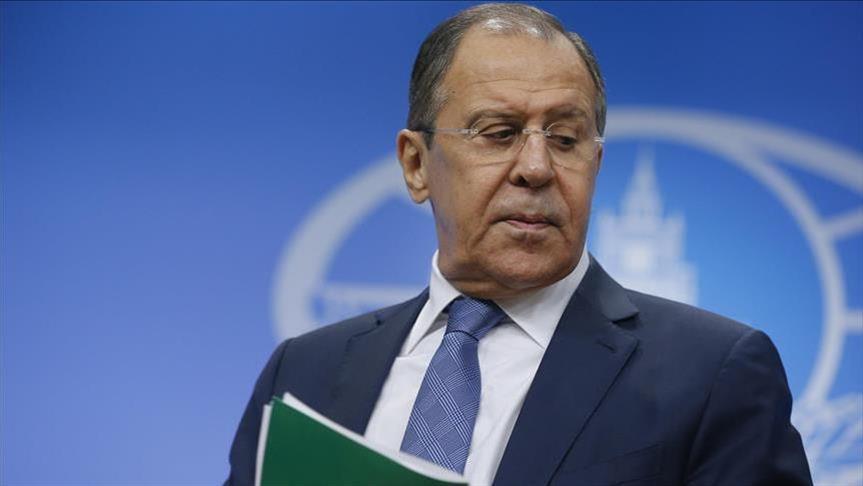
Indian economy suffered US $1.6 billion in illicit financial outflows in 2010, capping-off a decade in which India experienced black money loses worth US $123 billion.
New Delhi, Dec 18/Nationalturk -: According to a report by Global Financial Integrity (GFI), a Washington-based research and advocacy organization, Indian economy suffered US $1.6 billion in illicit financial outflows in 2010, capping-off a decade in which the world’s largest democracy experienced black money loses of US$123 billion.
The GFI study, titled “Illicit Financial Flows from Developing Countries: 2001-2010,” ranks India as the decade’s 8th largest victim of illicit capital flight behind China, Mexico, Malaysia, Saudi Arabia, Russia, Philippines and Nigeria.
“While progress has been made in recent years, India continues to lose large amount of wealth in illicit financial outflows,” said GFI Director Raymond Baker.
Co-authored by Dr. Dev Kar, GFI Lead Economist and GFI Economist Sarah Freitas, the study is GFI’s annual update on the amount of money flowing out of developing economies through crime, corruption and tax evasion, and it is the first of GFI’s reports to include data for the year 2010.
Dr Kar said $123 billion is a massive amount of money for the Indian economy to lose. “It has very real consequences for Indian citizens. This is more than $100 billion dollars which could have been used to invest in education, healthcare, and upgrade the nation’s infrastructure. Perhaps last summer’s electrical blackout would have been avoided if some of this money had remained in India and been used to invest in the nation’s power grid.”
The report—the first by GFI to incorporate a new, more conservative, estimate of illicit financial flows—found that all developing and emerging economies suffered US$858.8 billion in illicit outflows in 2010, just below the all-time high of US$871.3 billion set in 2008—the year preceding the global financial crisis.
“Astronomical sums of dirty money continue to flow out of the developing world and into offshore tax havens and developed country banks. Regardless of the methodology, it’s clear: developing economies are hemorrhaging more and more money at a time when rich and poor nations alike are struggling to spur economic growth. This report should be a wake-up call to world leaders that more must be done to address these harmful outflows,” said GFI Director.
GFI advocated that world leaders increase the transparency in the international financial system as a means to curtail the illicit flow of money highlighted by Kar and Freitas’ research.
Findings
The US$858.8 billion of illicit outflows lost to all developing countries in 2010 is a significant uptick from 2009, which saw developing nations lose US$776.0 billion under the new methodology. The study estimates the developing world lost a total of US$5.86 trillion over the decade spanning 2001 through 2010.1
“This has enormous ramifications for the developing world. Poor countries lost nearly a trillion dollars that could have been used to develop economically, a trillion dollars that could have been used to pull people out of poverty and save lives,” said Freitas, a co-author of the report.
Dr. Kar and Freitas’ research tracks the amount of illegal capital flowing out of 150 different developing countries over the 10-year period from 2001 through 2010, and it ranks the countries by magnitude of illicit outflows.
Methodology
As developing countries begin to loosen capital controls, the possibility exists that the methodology utilized in previous GFI reports—known as the World Bank Residual Plus Trade Mispricing method—could increasingly pick-up some licit capital flows. The methodology introduced in this report— the Hot Money Narrow Plus Trade Mispricing method—ensures that all flow estimates are strictly illicit moving forward, but may omit some illicit financial flows detected in the previous methodology.
“The estimates provided by either methodology are still likely to be extremely conservative as they do not include trade mispricing in services, same-invoice trade mispricing, hawala transactions, and dealings conducted in bulk cash,” explained Dr. Kar, who previously served as a senior economist at the International Monetary Fund.
He said this means that much of the proceeds of drug trafficking, human smuggling, and other criminal activities, which are often settled in cash, are not included in these estimates.”
Write your comments and thoughts below
Faiz Ahmad / NationalTurk Pakistan News
[adrotate banner=”41″]


